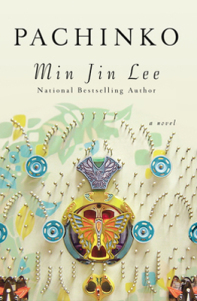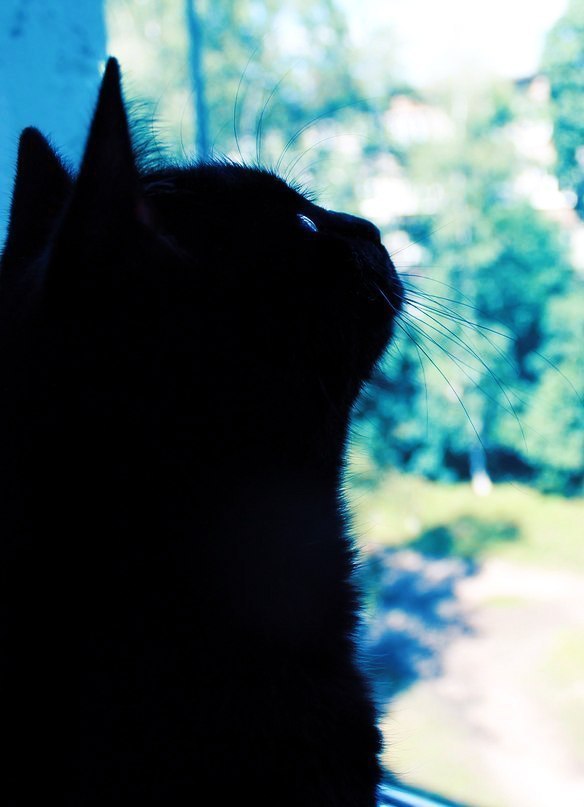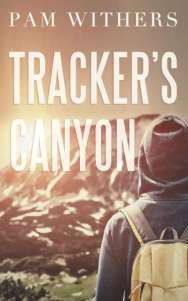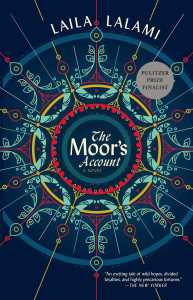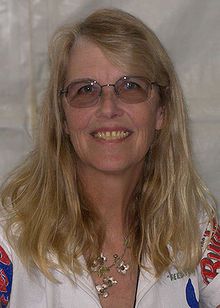This month I caught up with the lovely Nicola Cornick, author of The Phantom Tree (available here: http://ow.ly/hq4o308OIx7)
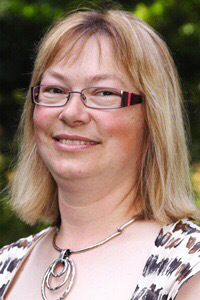
What was your background and how did you get into writing?
I was never one of those authors who knew they always wanted to write. In fact I was very slow to realise! I did study history and always loved reading historical fiction and I started writing it as a hobby for years and years whilst I worked as a university administrator. Eventually I decided to send off one of my stories to Mills & Boon, who promptly rejected it! I carried on writing in my spare time for twelve years before I finally made it into print.
Mills and Boon, wow! Very different genre to what you write now! What are your ambitions for your writing?
I want my books to entertain readers, maybe to pique their interest in some lesser-known aspect of history, and to invite them to step into a different world.
Which writers inspire you?
So many amazing writers have influenced and inspired me. A few would be Alan Garner, Mary Stewart, Daphne Du Maurier and Barbara Erskine.
I love Daphne Du Maurier, Rebecca is so haunting! How much research went into writing The Phantom Tree?
I did do a lot of research for The Phantom Tree but then I do love research so it was no hardship! There was a lot I needed to find out about the general background of life in Tudor England because although I had studied the period it was the detail I needed: clothes, food, travel, everything really. Then there was Mary Seymour. I needed to know the established facts of her life before I started to fill in the gaps with my imagination.
I imagine that was some hard work, but very interesting as well.
What are you working on at the moment?
I’m writing another dual timeframe novel, this one set in the 18th century and the current day. It’s inspired by the story of Lady Diana Spencer, daughter of the 2nd Duke of Marlborough, who was a talented artist. She was very unusual in that she became a designer for Wedgwood, one of a small number of aristocratic women at the time who worked for a living.
I’ll definitely be adding that to my to-read list!
Which of your books did you enjoy writing the most?
House of Shadows, my first timeslip, was the book of my heart. I work at Ashdown House as a guide for the National Trust and have done so much research into Elizabeth, the Winter Queen, and Lord Craven, who was her devoted cavalier. To be able to write their story was very special to me. That said, I enjoyed writing The Phantom Tree almost as much because I had been fascinated by Mary Seymour’s story for so long. I feel very fortunate to be able to write about the lesser-known historical figures who interest me so much!
What do you use to do your writing? Pen+paper, computer, typewriter etc.
I write my books directly on to a computer but I do make a lot of handwritten notes as well – I love stationery and always enjoy selecting special notebooks for my story ideas! The only problem is keeping track of where I have written them down and making sure I don’t lose or forget them.
Do you write books in more that one genre and if so what is your favourite genre to write?
I only write one genre at a time, mostly because I find I can’t change between two completely different genres very easily. I really admire authors who do and I think it must be a blessing if you’re stuck with one particular type of story to be able to move to something different and fresh. At the moment I’m writing timeslip and absolutely loving it. In the past I wrote historical romance, mainly in the Regency period, and I enjoyed that very much too. Whatever I do I think it has to have some element of history in it.
How often do you write? Do you set yourself a word target or just go with it when inspiration strikes?
I do try and write every day in order to make sure I meet my deadlines but I don’t set myself a word target. I try to devote the morning completely to writing and then after lunch I’ll do other writing-related work such as social media and publicity, and then I’ll go back to the writing later on, especially if I’m on a roll! I think working in an office for so many years was very helpful because it trained me to work formal hours and I need that structure.
What sort of publishing route did you choose and why?
I have to be honest and say that when I started out I didn’t really choose a publishing route at all. I was very naïve about everything to do with publishing. I enjoyed reading historical romance and knew I wanted to write it. The only UK publisher I could find at the time who was interested was Mills & Boon so I submitted my manuscript to them. It was only later, when I talked to other authors and discovered writers’ organisations such as the Romantic Novelists’ Association and the Romance Writers of America that I realised how many different options were out there. These days things have transformed so much with digital first, and e-only and print and independent publishing as well as traditional publishers… I know I sound like a dinosaur but it’s a different world!
How do you market your books? What have been your marketing successes and failures?
I’m very lucky in that I get marketing support from my publisher, HQ, which does make a huge difference. One of the things that they set up for me when my last book came out was talks in libraries across my local region. This was a huge success and it was lovely to meet readers in person and chat to them. It made me realise that connecting with readers either in person or virtually is something I love because we’re sharing our love of books, history, reading etc. As for marketing failures, I do a lot of social media promotion but I’ve found that Twitter Ads don’t work for me although as a general rule I adore Twitter. It’s my drug of choice! I’m always trying out new things though. My latest idea is guided video tours of the locations in my books.
If you could be the original author of any book what would it have been and why?
Every so often a book will come out and I think: “I wish I had thought of that.” I’m sure other authors are exactly the same! For me the most recent of those was Longbourn by Jo Baker. The story of Pride and Prejudice told from the servants’ perspective? Sheer genius!
What are your views on good and bad reviews? How much do you think the success of books relies on reviews?
I think the success of books relies very much on word of mouth and that good reviews are absolutely essential for creating a buzz. Of course sometimes a spectacularly bad review will sell a lot of books because people want to see for themselves! When I select a book I will read reviews but also like to make my own judgements. When my books are reviewed I very naturally think the good ones are wonderful and the bad are misguided. No, really, as long as a review is thoughtful and perceptive I think it has a lot to offer even if it is critical.
Finally could you provide the following please if you have them

